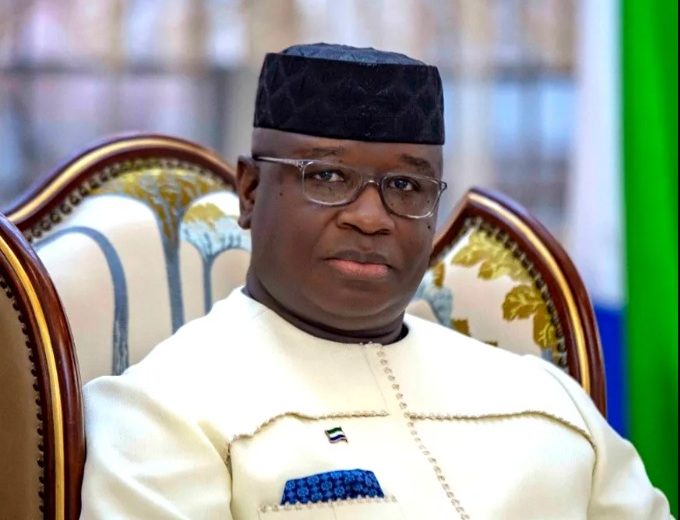In an exclusive interview with African Leadership Magazine, the Honourable Jonathan Fonati Koffa spoke about the gender struggle, how the gender equity bill was passed in Liberia, what the nation stands to achieve, and how President George Weah and the vice president, Jewel Cianeh Taylor, also advocated for the same bill.
The Honourable Koffa has received recognition for women’s development initiatives since he became Representative of the county’s second electoral district, and the instigation of the gender equity bills has not only attracted local attention but also welcomed global recognition as an impressive lawyer, anti-corruption crusader, and human-rights defender in Liberia and Africa at large.
JFK was lauded for his efforts to stop female genital mutilation (FGM) in Liberia by the regional UN Women ambassador for Africa, Jaha Durukeh. We appreciate the chance to speak with you and would like to state the obvious: You are a champion in the fight against FGM in Liberia. Since I’ve been here, I can honestly say that I haven’t encountered someone as committed and enthusiastic as you are about ending FGM. Your commitment, passion, and readiness to fight for this cause are excellent.
JFK has the intrigue knowledge that gender equality is necessary for a prosperous society and how it contributes to the prevention of violence against women and girls, as well as making communities safer and healthier and beneficial to human rights and the economy.
In affirmation of the above assertion, Kofi Annan once said, “Gender equality is more than a goal itself. It is a precondition for meeting the challenges of reducing poverty, promoting sustainable development, and building good governance.”
According to the United Nations Development Programme’s Gender Inequality Index, the bill enshrines advancements in women’s financial access, employment possibilities, fair pay, maternity leave, and, critically, political representation.
The gender bill was a perfect storm. You’ve got a president who we call ‘he for she; he is the feminist in chief. We have a vice president who was the first initiator of the gender equity bill, and then you have the leadership, myself, and those who were liberal enough to believe this is something whose time has come,” he said.
For decades, women have been exposed to some societal mishaps, such as the prospect of child marriage, adolescent pregnancy, child domestic employment, poor education and health, sexual abuse, exploitation, and violence, as a result of the presence of gender discrimination and social norms and practices. The Honourable Koffa knew that the time to rise for women had come. Knowing that the battle wouldn’t be an easy fight, he continued to fight until the women’s freedom was bought at the parliament of Liberia.
“There was difficulty; of course, the majority of the male members did not think that we should go there. They raised the argument that the 30% gender parity bill is unconstitutional because it should be a situation of one man, one vote, and everybody competing the same way. Well, I do not believe in quarters, but I believe in affirmative action. To the extent that women have been historically oppressed or locked out of the political system. The government has to take affirmative action to equal that balance, and indeed, in that affirmative action, you have to set some sort of guidelines, and when we came to power, all of those things came to influence the actors in terms of the mindset of the policy, so it was easier for us to jump on, and then when we say, Okay, this is our bill whose time has come, let’s go ahead and put it in the elections law. Let’s go ahead and rally for it, he added.
According to him, achieving this feat didn’t come on a platter of gold. He outlined some of the measures he and his team members took to galvanise it. “We attended several UN-sponsored programmes. We got several high-profile people to come in and work behind the scenes with my colleagues and some other processes we engaged, and at the end, they showed that the gender bill passed.


